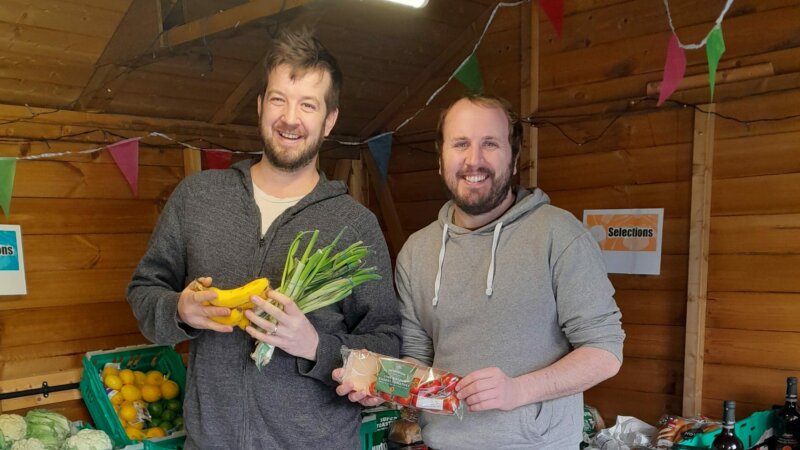Futureshock: Social Media and 21st Century activism
Last month was one of reflection: 2001: A Spacy Odyssey, the 50th anniversary of the assassination of Martin Luther King, and 'that' speech by Enoch Powell. Futureshock by Alvin Toffler, a sociological Nostradamus, should be there too, a useful reference in a week when social media has been blamed for a spate of violent crimes in London.
Toffler can be sentimentalised, but his crystal-ball focus on themes like goal setting, challenging the status quo and threats to democracy from a disenchanted electorate, are worth recycling. In the final chapter, 'The Strategy of Social Futurism', Toffler raises the spectre of the distant politician, too remote from their voters, resulting in a self-perpetuating political elite. But he has a plan. This was before social media, before virtual dating, cloud storage and presidential tweeting as a method of policy making.
Toffler's ends the book with the hope of ‘future social assemblies’, where voters can participate and make their views count as an antidote to 'technocracy', a popular description of post-war politics.
Futureshock is not a how-to manual for the 21st century, and it never claimed to be, but its recurring themes - ‘the transience of purpose’ and ‘rapid turnover of goals’ - certainly connect the 1970s with social media in the sphere of social-political activism: content-weak, fast, free, emotional, fuelling; what James Bartlett of the New Statesman calls 'just fix it!' politics.
Our starting point here could be the Arab Spring. The jury is out as to whether this was the first case study for social media causing or enabling an uprising, and we are probably too close to the event to reach such a conclusion. During a recent discussion with Indian colleagues, the question was posed as to how Ghandi and Mandela galvanised their nations, in the pre-digital era, to overthrow their colonial yoke? "Simple," came the reply, "They both had a common enemy."
Social media is not 'one thing'. Ask any young or middle-aged person and most will confirm that the use of Snapchat, Whatsapp or Slack - spaces that are free of advertisers and relatively private - is more preferable than the once-pioneering alternatives, maybe more so following the recent Cambridge Analytica revelations.
What would Toffler make of this individualisation of communication? On the one hand, he would probably applaud the fact that we can ‘access’ politicians - and they us - at speeds of pace unimagined a decade ago. In so doing, however, the effect is the gradual dissolving of large demographic groups, causing individuals to retreat into a world of their own creation.
Balancing this dystopian view is the evidence that individuals continue to meet in person. Recent demonstrations with huge attendances, many of them globally coordinated (Pussyhat, Anti-Trump, March For Our Lives gun control marches), stand testament to this, traditionally organised by trade unions and similar community agencies. But flash mob politics, be it in the form of gatling-gun messaging or hastily-arranged rallies in Trafalgar Square, will not sustain unless underpinned by tangible shared values. Returning to Bartlett, the result of ‘digital populism’ is that, when results are not delivered, further disaffection fuels further discontent.
Social media is both a weapon and a shield, illustrated by the Sheffield tree felling protests. It is not the platform for discourse or debate. It gives no promise of moral obligation, unlike the BBC, which from the outset undertook to ‘educate, inform and entertain’. Structural themes - extremism within democracy, the unregulated influence over governments by tech giants, transparency, accountability - demand meaningful analysis and consensus.
Rather than obsess over the 'role and place' of social media, turning the lens on political inactivism would be more productive. Those who participate in politics, at any level, would do so in the absence of social media. History evidences this.
Community halls and public spaces are accessible to all, so why not ‘kettle and smartphone’? )







